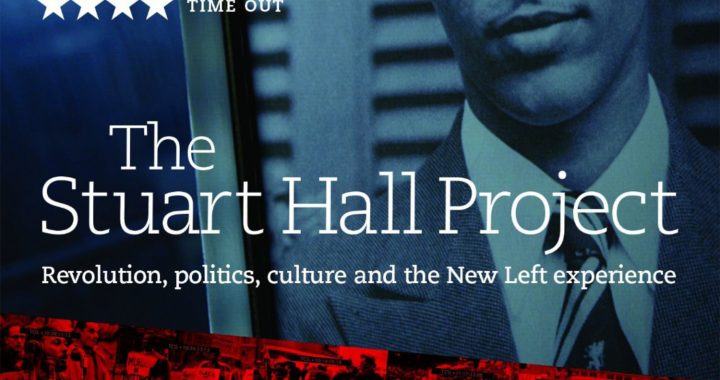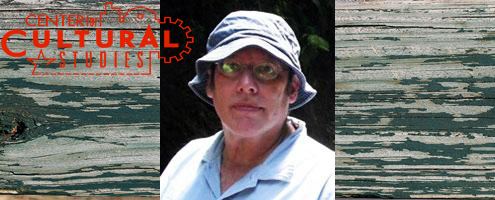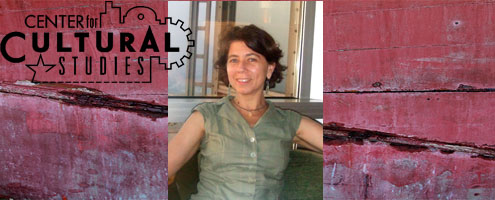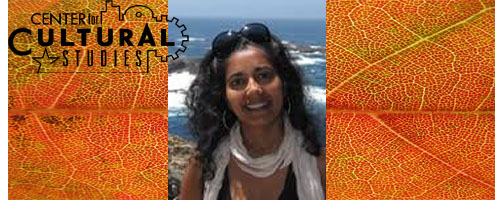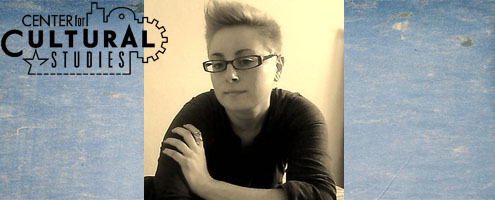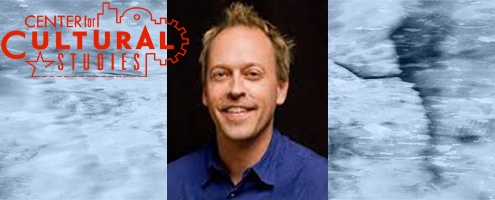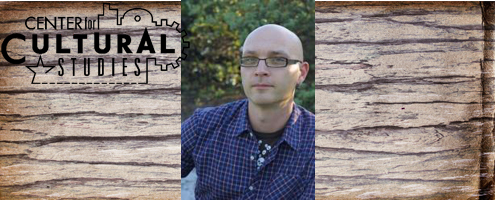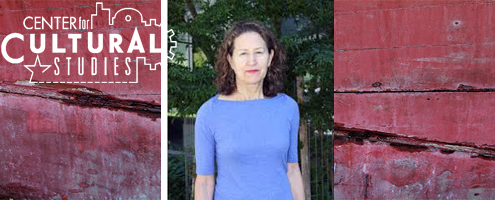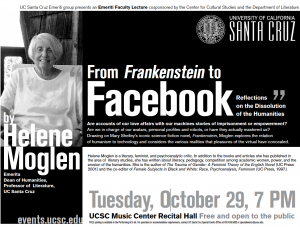A major success in Britain last Fall, “The Stuart Hall Project” is now being distributed in the USA. See the review and interview links below.
It will be screened at UCSC on Tuesday evening, February 25th. 7:30 PM, Studio C. (Communications 150)
The film, 102 minutes, will be followed by an informal panel and general discussion animated by James Clifford (History of Consciousness), Jennifer Gonzalez (HAVC), and Herman Gray (Sociology).
Read reviews of the film here and here.
Generously funded by the Arts Dean’s Fund for Excellence. Co-sponsored by The Center for Cultural Studies and the Department of Film and Digital Media.

